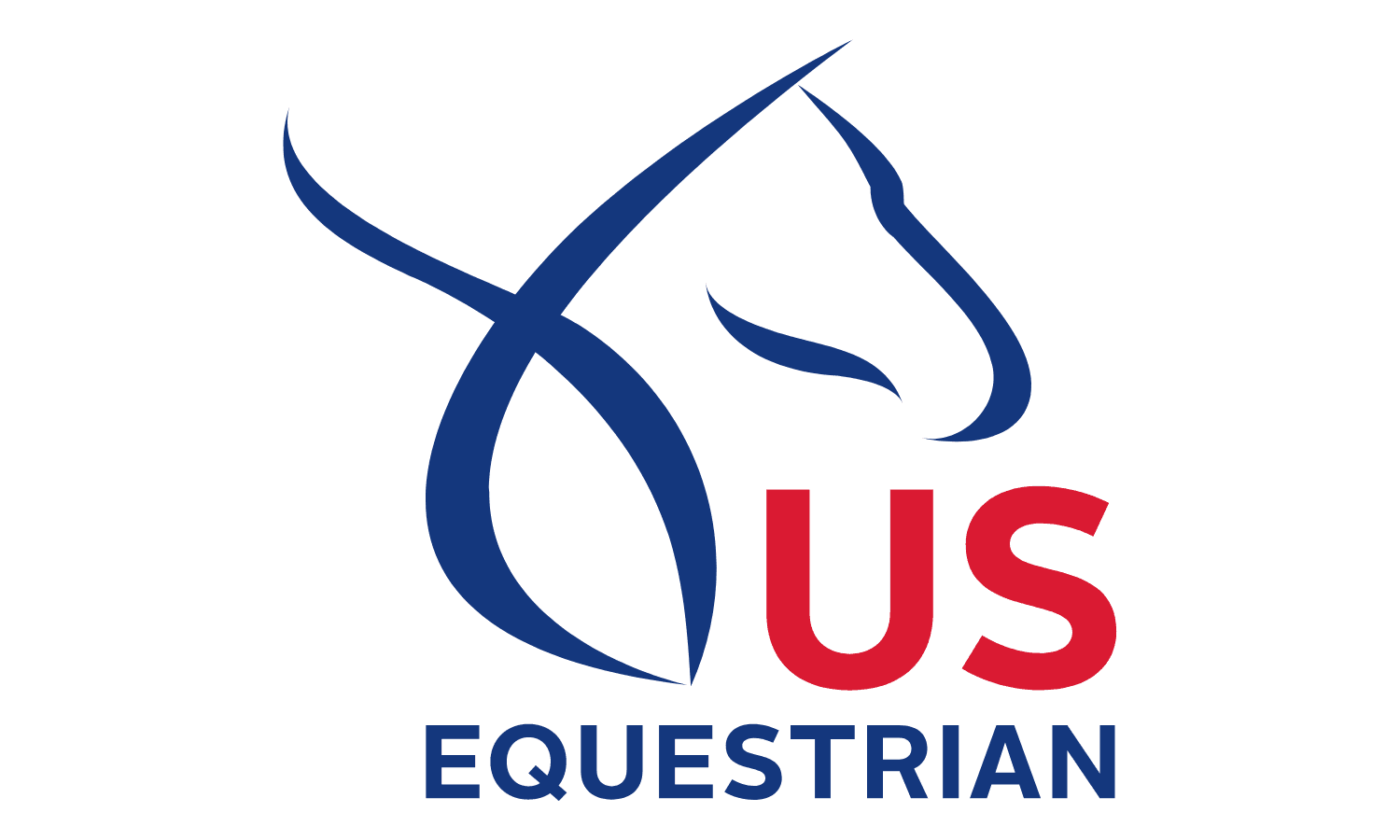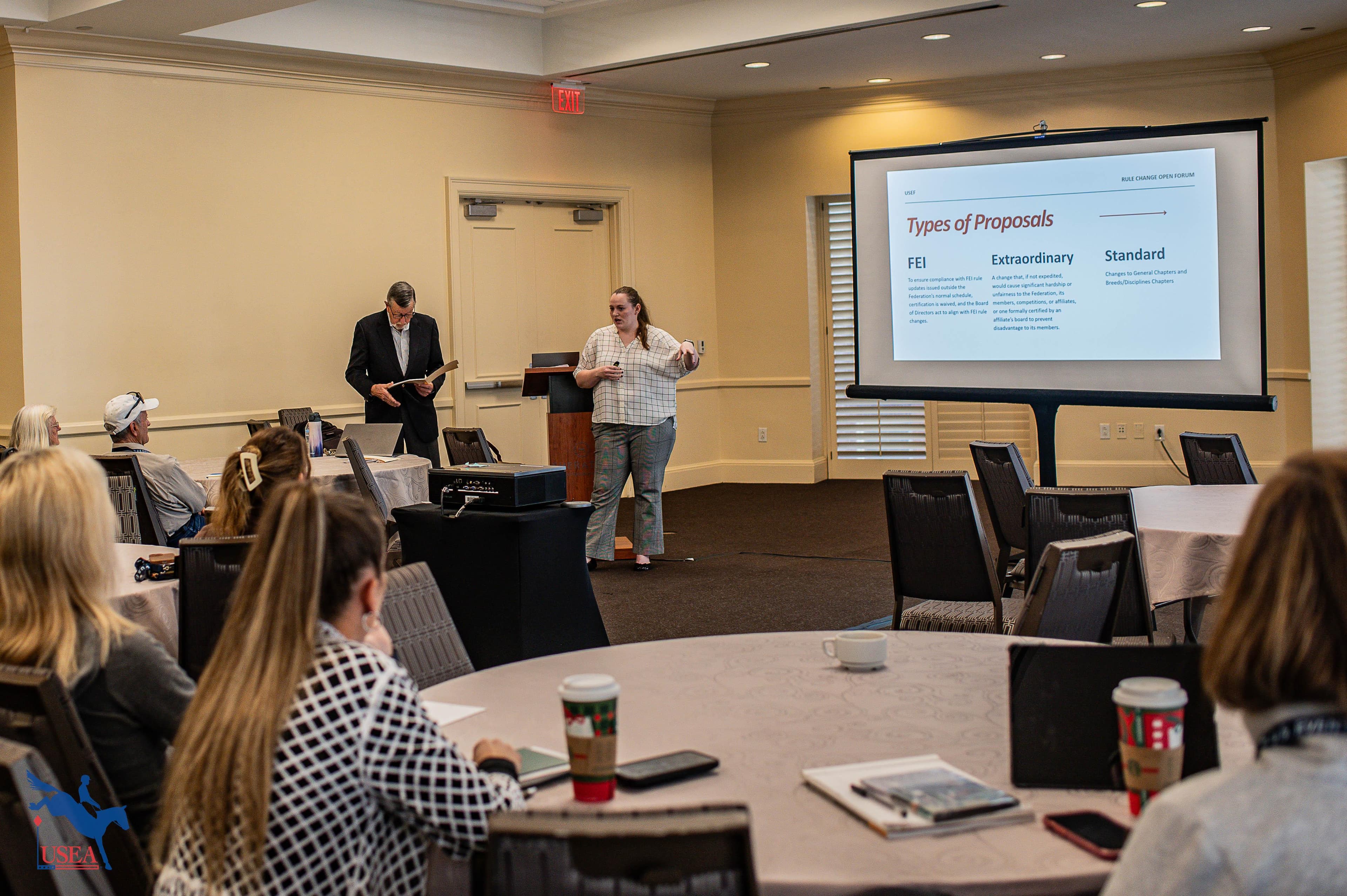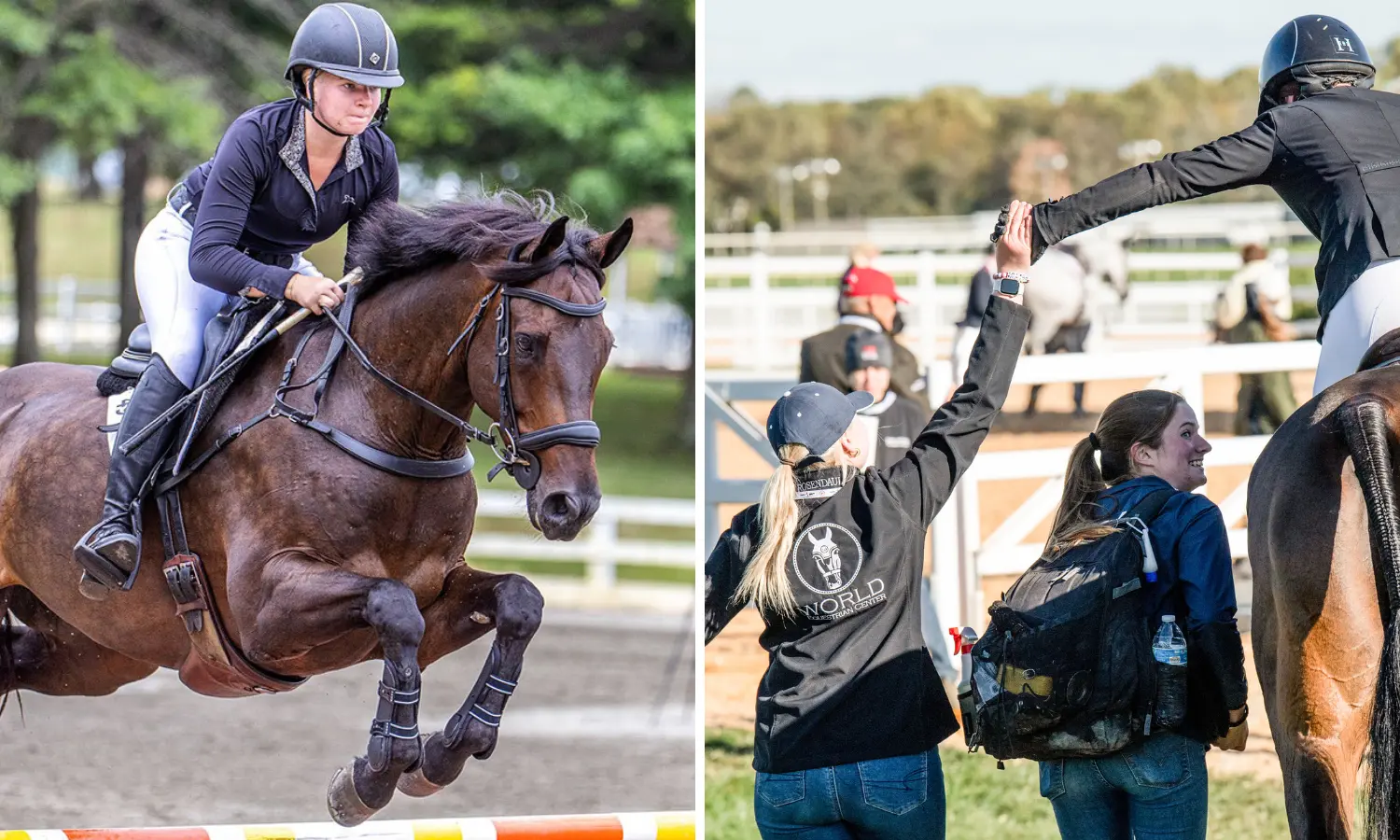Vesicular Stomatitis Update - USEF-Licensed Competitions Continue During Vesicular Stomatitis Outbreak

As we have learned over the last few years, viruses can impact both human and equine athletes. They constantly evolve and are outside of our control. The U.S. Equestrian Federation (USEF) has been in daily contact with state and federal officials managing the current vesicular stomatitis (VS) outbreak to evaluate risk and determine what measures are necessary to protect the health of our equine athletes through the implementation of necessary biosecurity measures.
Currently, cases are limited to southern California, but the outbreak is likely to spread northward in California due to the fly vector movement and climate. USEF competitors and competition management should prepare for the outbreak to continue through the summer and likely the fall.
As of today, USEF supports continuation of competitions where biosecurity measures have been implemented.
To best protect our equine athletes and competitors, USEF has implemented requirements for competitions with horses originating from VS-affected states (those horses which have been in a VS-affected state within the preceding 14 days of entry to a competition grounds.) These requirements include an official state issued or approved timed certificate of veterinary inspection (CVI) (health certificate) issued by a licensed veterinarian within 5 days prior to entry to the competition grounds; arrival veterinarian/trained technician examination for vesicular lesions, prohibition and removal of any horse with vesicular lesions, and mandatory daily temperature recordings and observations for lesions.
The following are important notes to take with you:
| 1. | In the last 50 years, there have been no outbreaks associated with spread of this virus at a competition. |
| 2. | Stopping lesioned animals from entering the event grounds prevents the virus from entering and spreading on the competition grounds. |
| 3. | Commingling horses on event grounds is always a risk for infectious diseases such as equine influenza, strangles, and equine herpesvirus. Vesicular stomatitis is just one of many viruses targeted by the recommended routine biosecurity measures. |
| 4. | The VS virus causes unsightly and painful blister-like lesions which are typically self-limiting and resolve within 14 days. However, horses which are immunocompromised or have metabolic conditions are likely to suffer from more severe clinical signs and may die due to complications of the disease. |
| 5. | Studies have shown only 10% of horses on premises with infected vectors will present with clinical signs that are self-limiting, and most resolve within 14 days. This reinforces the need to follow biosecurity protocols at all times. |
| 6. | The virus and lesioned animals can impact interstate and international trade restrictions. It is important to contact the office of the state veterinarian in the state of origin and destination to obtain movement requirements. |
| 7. | Implementing fly control measures on the event premises reduces potential risk of vector spread. Although vesicular stomatitis virus can infect any horse, many of the confirmed clinical cases have been horses with significant time on pasture or on premises with limited to no fly vector control. |
Healthy horses support healthy competitions. We will continue to support the basic biosecurity measures for all equine athletes:
| • | Limit horse-to-horse contact. |
| • | Limit non-essential human contact. |
| • | Avoid sharing of equipment unless it is cleaned and disinfected between uses. |
| • | Avoid communal water. |
| • | Take twice-daily temperatures of horses during competition. |
As the outbreak continues, USEF will continue to evaluate the effectiveness and necessity of these preventative biosecurity measures. The latest information on USEF protocols and the VS situation can be found at https://www.usef.org/compete/resources-forms/competition-management/competition-safety-biosecurity. Additionally, we encourage you to go to the Equine Disease Communication Center (EDCC) website and sign up for alerts for ongoing updates.














